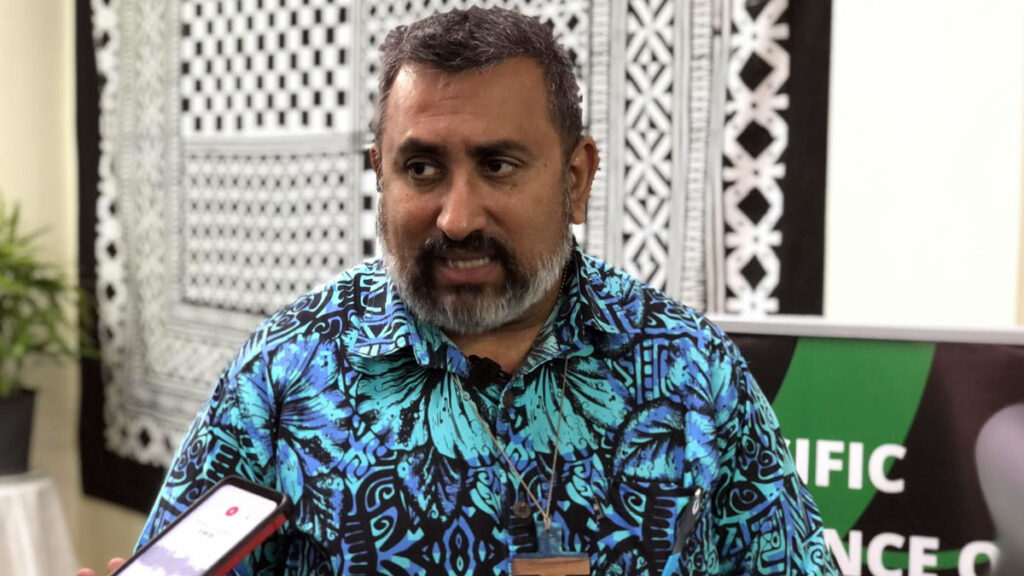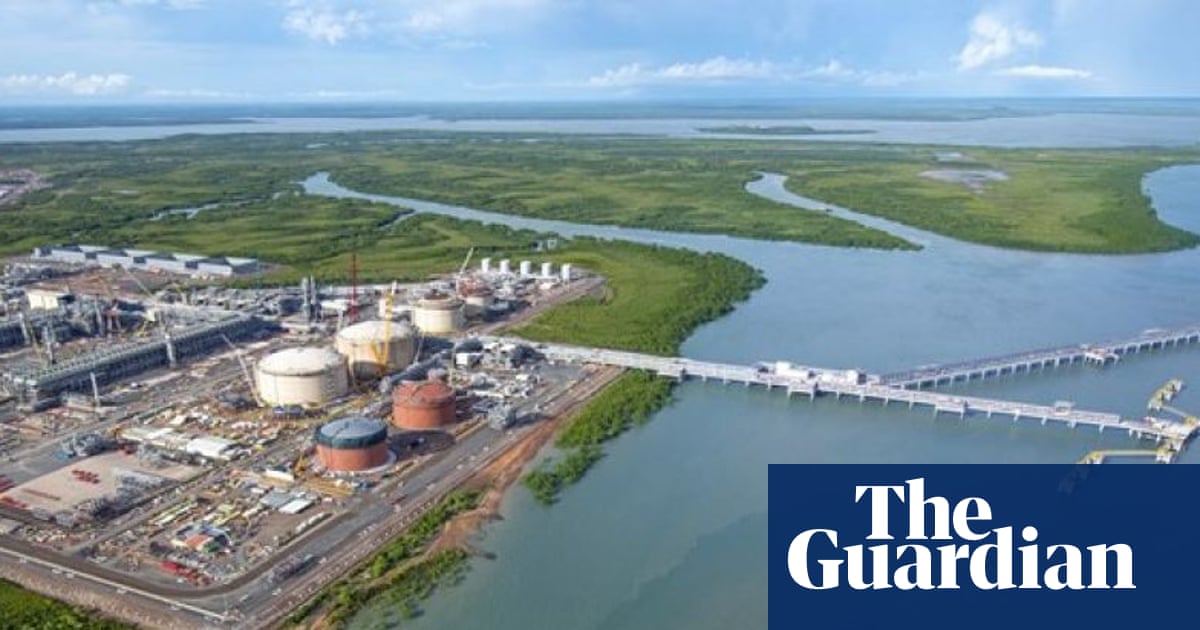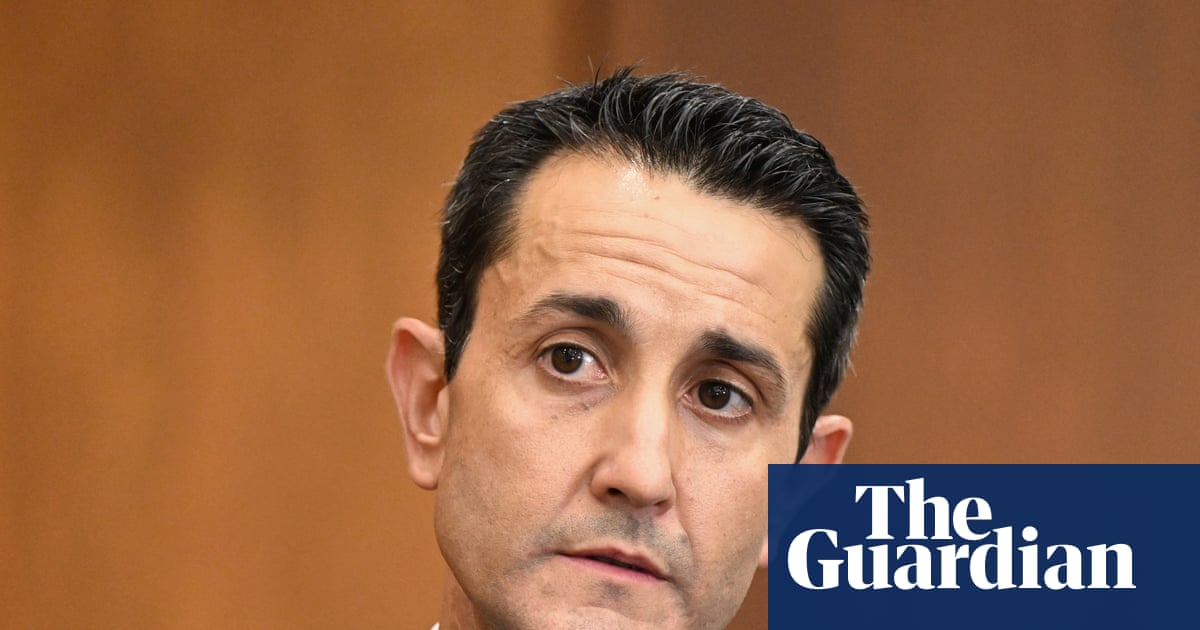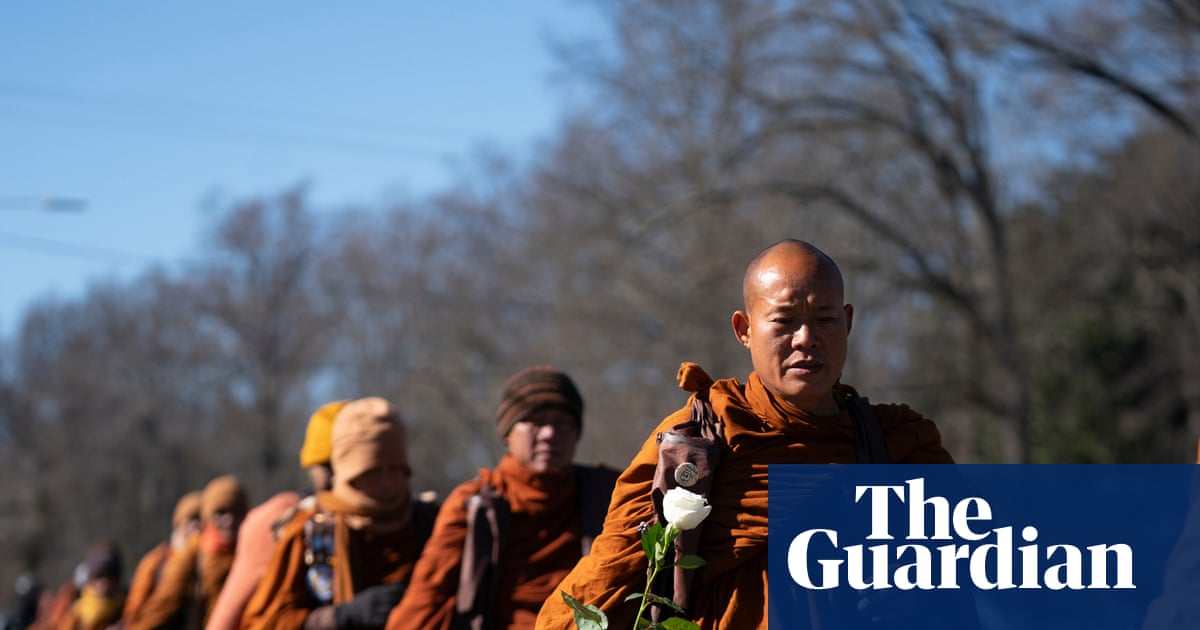
The General Secretary of the Pacific Conference of Churches, Reverend James Bhagwan, has called upon the International Court of Justice (ICJ) to transform the lived experiences of Pacific Islanders into legal mandates. As the ICJ prepares to deliver a historic advisory opinion, Bhagwan emphasizes the urgency of addressing the climate crisis, which he describes as humanity’s greatest moral test.
Speaking to Fijivillage News, Reverend Bhagwan highlighted the significance of this moment for Pacific churches. The advisory opinion is set to coincide with the 21st anniversary of the Otin Taai “sunrise” declaration, which initially sounded the alarm on climate change, urging global conversion and solidarity. This declaration has been a cornerstone in the Pacific’s advocacy for climate justice.
Historical Context and the Role of Pacific Churches
The 2024 Tuākoi ‘Lei Declaration by Pacific Churches serves as a reminder of the ethical responsibilities that communities must uphold in the face of environmental degradation. Reverend Bhagwan draws parallels to the Biblical story of the Good Samaritan, urging nations to act as compassionate neighbors who protect and preserve the planet.
He stresses the importance of standing against “fossil-fuelled greed” and advocates for ecological justice. The Pacific Islands, often on the frontlines of climate change, face rising sea levels, salinized water sources, and the loss of critical food resources like breadfruit. These challenges underscore the need for immediate and effective legal frameworks to mitigate further damage.
Legal and Moral Implications
Reverend Bhagwan hopes that the ICJ will affirm a duty of care that aligns with the lived experiences of Pacific Islanders. This includes the prevention of harm, protection of rights, and repair of damage caused by climate change. The Pacific Conference of Churches is guided by the Tuākoi ‘Lei roadmap, which prioritizes ecological wellbeing over profit and calls for the decolonization of development theology.
The roadmap also advocates for the rapid phase-out of fossil fuels and the criminalization of ecocide. Regardless of the ICJ’s decision, Bhagwan asserts that the mandate for Pacific churches remains clear: “Go and do likewise,” echoing the call for continued advocacy and action.
Global and Local Reactions
The announcement from the ICJ is anticipated to have far-reaching implications, influencing international climate policies and legal standards. Experts suggest that a favorable ruling could bolster efforts to hold industrialized nations accountable for their contributions to climate change, a sentiment echoed by Reverend Bhagwan.
“We pray the judges affirm a duty of care that is as clear as our experience,” Reverend Bhagwan stated, emphasizing the need for legal recognition of the climate crisis’s impacts on vulnerable communities.
Meanwhile, local communities in the Pacific continue to adapt and respond to the immediate challenges posed by climate change. Initiatives to reweave the “Ecological Mat” focus on sustainable practices and community resilience, ensuring that the region’s cultural and environmental heritage is preserved for future generations.
Looking Ahead
The ICJ’s decision will likely influence future climate negotiations and set a precedent for international environmental law. As the world watches, the Pacific Islands stand as a testament to the urgent need for global cooperation and legal accountability in addressing the climate crisis.
Reverend Bhagwan’s call to action serves as a powerful reminder of the moral and ethical dimensions of climate change, urging all nations to act with compassion and justice. The Pacific Conference of Churches remains committed to advocating for a sustainable and equitable future, guided by their faith and the principles of ecological justice.







